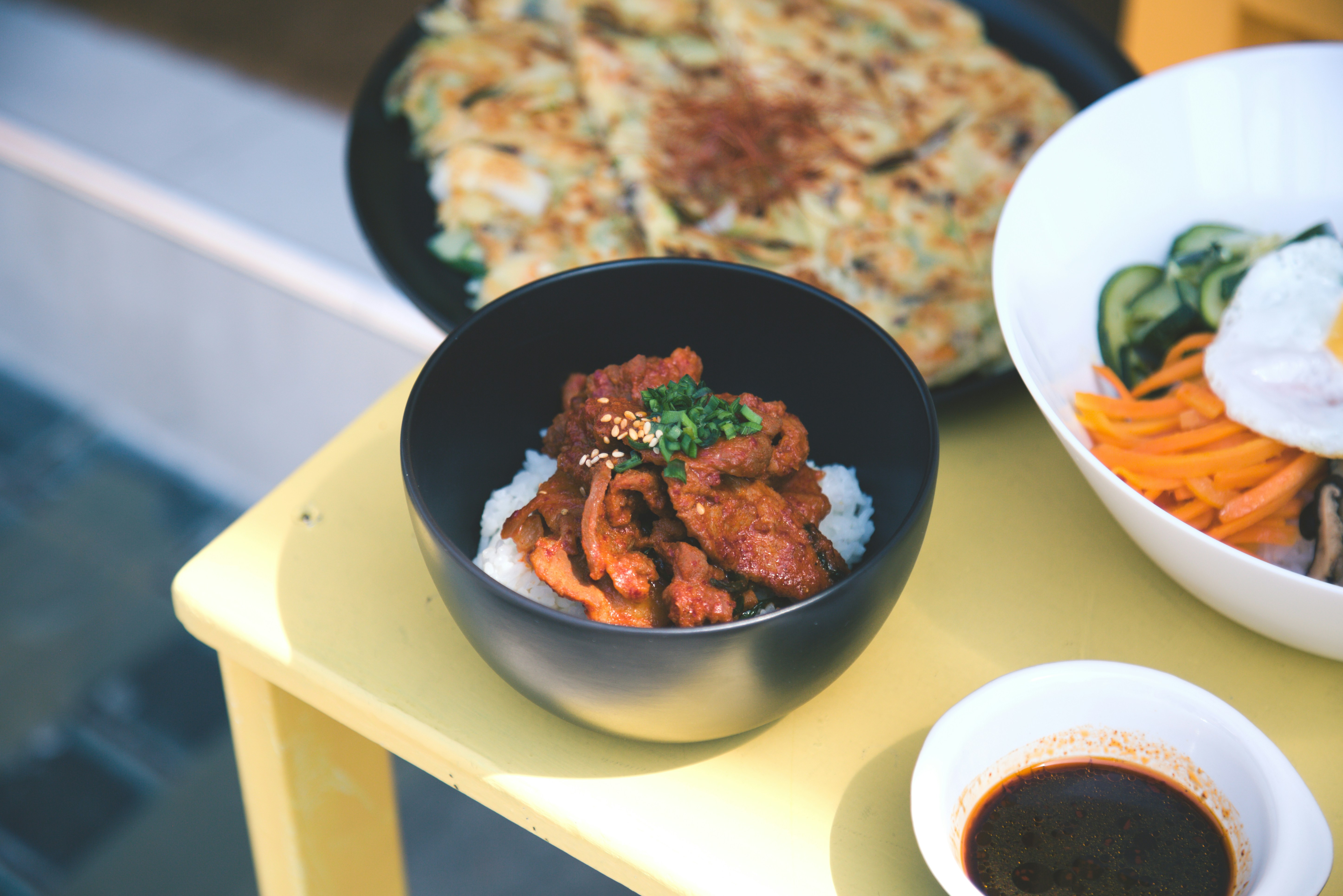Wondering if it’s possible to freeze rice after cooking? Good news, you definitely can! In this article, you’ll learn about the benefits of freezing cooked rice, how to properly freeze and thaw it, as well as some handy tips and tricks to ensure the best results. Whether you want to meal prep, save leftovers, or simply have some cooked rice on hand for quick and easy meals, this article has got you covered. So let’s get started and find out how freezing rice after cooking can be a game-changer in your kitchen!
Is it Safe to Freeze Cooked Rice Like Pasta?
Yes, it is safe to freeze cooked rice like pasta. Just follow the freezing cooked pasta instructions and let the rice cool down before transferring it to an airtight container. Make sure to label the container with the date and use the frozen rice within a few months for best quality.
Can You Freeze Rice After Cooking
Understanding the Freezing Process
If you find yourself with a surplus of cooked rice, you might be wondering if it’s possible to freeze it for later use. The good news is, you absolutely can freeze rice after it has been cooked. Freezing rice not only allows you to save time and money, but it also helps to reduce food waste. In this article, we will explore the benefits of freezing cooked rice, as well as provide you with some useful tips and guidelines for properly freezing, thawing, and reheating rice.
Benefits of Freezing Cooked Rice
Freezing cooked rice offers several benefits. Firstly, it provides convenience by allowing you to have a readily available source of cooked rice whenever you need it. By freezing rice in individual portions, you can easily defrost only the amount you require, eliminating the need to cook a fresh batch each time. This is particularly helpful for busy individuals or families who are looking for quick and easy meal solutions.
Secondly, freezing cooked rice helps to extend its shelf life. By preventing the growth of bacteria and other microorganisms, freezing can effectively halt the spoilage process. This means that you can safely store rice for longer periods without worrying about it going bad. This can be especially useful if you tend to cook large batches of rice and want to save some for later use.
Proper Storage Containers
To ensure the best results when freezing cooked rice, it is important to use the right storage containers. It is recommended to use airtight containers or freezer bags that are specifically designed for freezing foods. These containers help to prevent freezer burn and keep the rice fresh for longer periods. Additionally, using individual portion-sized containers or freezer bags allows for easy portion control and prevents the need to defrost an entire batch if you only need a small amount.
Preparing Rice for Freezing
Before freezing cooked rice, it is essential to properly prepare it. Start by allowing the rice to cool completely. Leaving it at room temperature for about an hour should be sufficient. This cooling process helps to avoid the formation of condensation, which can lead to freezer burn and affect the quality of the rice.
Once the rice has cooled down, you can choose to freeze it as-is or season it according to your preferences. Some people prefer to freeze plain rice and add seasoning when reheating, while others prefer to season the rice beforehand. If you decide to season the rice before freezing, keep in mind that some flavors may intensify during freezing and reheating. It’s a good idea to taste a small sample of the seasoned rice before freezing to ensure it meets your desired flavor profile.
Packaging Cooked Rice
When packaging cooked rice for freezing, it is important to consider portion sizes. Freezing rice in individual portions allows for easier storage and thawing. Additionally, it prevents the need to defrost an entire batch if you only require a small amount. A general guideline is to freeze rice in portions that are suitable for one meal or serving.
For storage containers, airtight containers or freezer bags are the best options. Make sure to remove as much air as possible from the containers or bags before sealing them. This will help to prevent freezer burn and maintain the quality of the rice. If using freezer bags, it may be helpful to make sure they are labeled as being freezer-safe and are of good quality to prevent any potential leaks.
Labeling and Dating
Properly labeling and dating your frozen rice is important for easy identification and maintaining freshness. Mark each container or freezer bag with the date of freezing so that you can keep track of its shelf life. Rice can typically be stored in the freezer for up to six months. However, for the best quality and taste, it is advisable to consume it within three months.
In addition to dating, it is also helpful to label the containers with the type of rice and any additional seasonings or ingredients that have been added. This will come in handy when you are planning your meals and need to quickly identify the contents of your freezer.
Thawing and Reheating Rice
When it comes time to use your frozen rice, it is important to thaw and reheat it properly to ensure both safety and quality. The best way to thaw rice is to transfer it from the freezer to the refrigerator and allow it to defrost overnight. This slow thawing process helps to maintain the texture and taste of the rice.
Once thawed, you can reheat the rice using various methods. One popular method is to microwave it in a microwave-safe dish with a little splash of water to prevent drying out. Alternatively, you can steam the rice in a steamer or tightly covered pot with a small amount of water. This gentle reheating process will help to restore the rice’s moisture and prevent it from becoming mushy.
Using Frozen Rice in Recipes
Frozen rice can be a versatile and time-saving ingredient in a wide range of recipes. Whether you are making fried rice, rice bowls, or even rice pudding, frozen rice can easily be incorporated with other ingredients to create delicious and satisfying meals. Simply thaw the rice according to the above instructions and proceed with your recipe as usual.
Monitoring Frozen Rice Quality
While frozen rice can be stored for an extended period, it is important to regularly check its quality and discard any rice that shows signs of spoilage. This includes any changes in color, texture, or smell. If the rice appears discolored, has a strange odor, or has a slimy texture, it is best to err on the side of caution and discard it.
Conclusion
In conclusion, freezing cooked rice is an excellent way to save time, money, and reduce food waste. By following the proper guidelines for packaging, labeling, and thawing, you can safely and conveniently store cooked rice for future use. So, the next time you find yourself with extra rice, don’t hesitate to freeze it. You’ll be glad to have a quick and easy meal solution whenever you need it.





